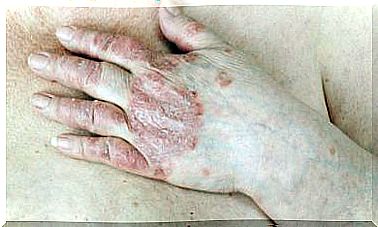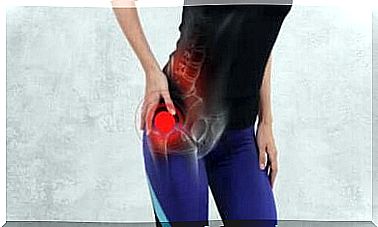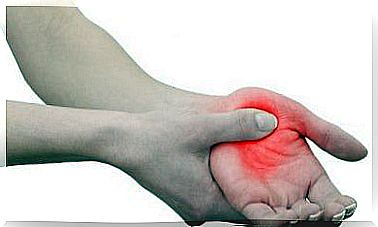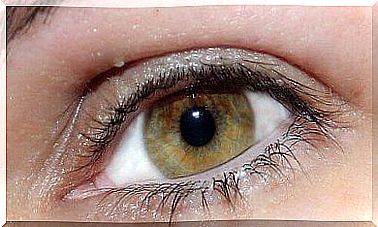Aspirin For Foot Care
Aspirin can not only be used for headaches.
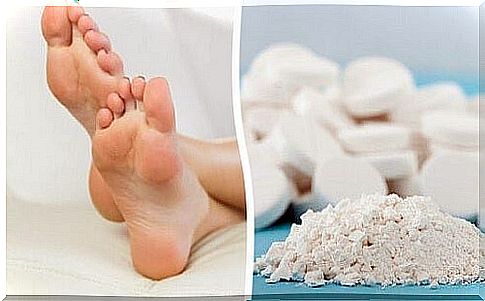
One hears again and again that aspirin tablets are used for cosmetic purposes. Some claim they work against dandruff, itchy scalp, or other ailments. What actually helps and what does aspirin have to do with foot care?
Aspirin: in the beginning there was the willow
The Teutons and Celts already cooked an extract from willow bark that relieved pain and reduced fever. Later research found that willow bark actually contained ingredients that were pharmacologically effective.
The first drugs arose from the isolated active ingredient, which, however, was not really successful because of its side effects on the stomach, among other things. Medical research continued and in 1921 the Bayer company applied for a patent for aspirin.
Today the active ingredient is produced synthetically and has nothing to do with the romantic idea of boiling off willow bark. Aspirin is one of the most common and well-known drugs in the world.
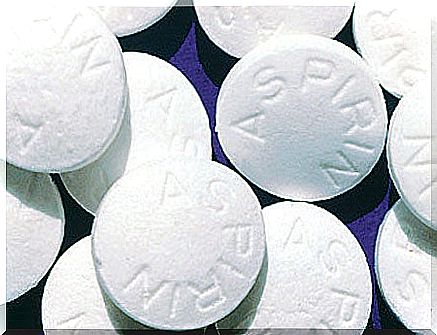
Nature without risk?
Everything that comes from nature (willow bark) is not always harmless to humans. Aspirin also has serious side effects and should only be used in emergencies and not as a “universal remedy”. The most common risks and side effects are:
- Stomach discomfort (nausea, heartburn, vomiting)
- Stomach ulcers
- Bleeding in the stomach
- Increased bleeding tendency
- Nosebleeds
Overdosing can lead to respiratory paralysis and loss of consciousness as well as severe kidney damage. So it makes sense to avoid this drug – or use it topically.
An active ingredient with many names
Aspirin is the brand name of a well-known and popular pain reliever based on the active ingredient acetylsalicylic acid.
Other trade names of the same active ingredient include: Acesal, Alka-Seltzer, Godamed, Herz-ASS, Miniasal, Togal-ASS, ASS-Ratiopharm, Eudorlin-Alcacyl, Asa-Tabs, Aspégic, Aspro, Kardégic, Tiatral Acekapton, Aspro Classic, Thrombo -ASS, Togal Mono and more!
Depending on the amount of acetylsalicylic acid contained in each tablet, there are often numbers after the name, such as “ASS100”.
The active ingredient acetylsalicylic acid has a blood-thinning effect, which is why it is not only used as a classic headache tablet, but is also prescribed to prevent thrombosis.
In addition, with its namesake, aspirin also has anti-inflammatory, antipyretic and – of course – pain-relieving effects.

Aspirin in cosmetics
One hears again and again that aspirin tablets are used in cosmetics for the care of skin and hair.
Some claim they work against dandruff, itchy scalp, or other ailments. Aspirin cannot be helpful here, on the contrary, it can make the symptoms worse.
Aspirin has anti-inflammatory effects, but not antifungal (i.e. against fungi) or antibacterial (against bacteria). Therefore, it makes no sense to use acetylsalicylic acid against fatty dandruff, because fungi usually trigger them.
Some cosmetic products that are commercially available for oily and blemished skin also contain salicylic acid. This has an antibacterial and anti-inflammatory effect and dries out oily skin. If you have sensitive or dry facial skin, such products are completely unsuitable for you.
Some recommend aspirin as a scrub, which is supposed to combine the anti-inflammatory effects with the cleansing effects of an exfoliator.
When doing such experiments, however, always keep in mind that aspirin was tested and developed for internal use as a medicinal product and not as a cosmetic product!
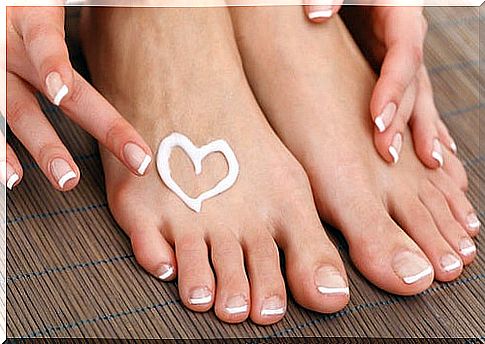
Application for beautiful feet
The skin on the heel is usually thickened and calluses have formed in which cracks appear.
You cannot “cream away” such cracks with care, you have to remove the callus and then care for it consistently to prevent it from developing.
Cracked heels can also become a health risk: if the skin dries out due to lack of care and deep cracks develop, bacteria can invade and inflame the skin.
You should definitely prevent this – regardless of whether you want to show your feet naked in summer or not. Because one thing is certain: inflamed Feet are painful – with every step.
If you want to remove the callus, the first thing you should do is soften the affected skin. Acid also helps soften the cornea! In this case, you can use the acetylsalicylic acid in the tablets.
Crush them in a container and use the resulting crumbs as a scrub. Aspirin is poorly soluble in water, so the peeling effect lasts for a long time.
Then rub and rub the softened skin on the heel more or less vigorously. You will hardly be able to remove the entire cornea with the first application, so don’t expect too much!
Stop if the surrounding skin is affected and repeat the procedure a few days later!
